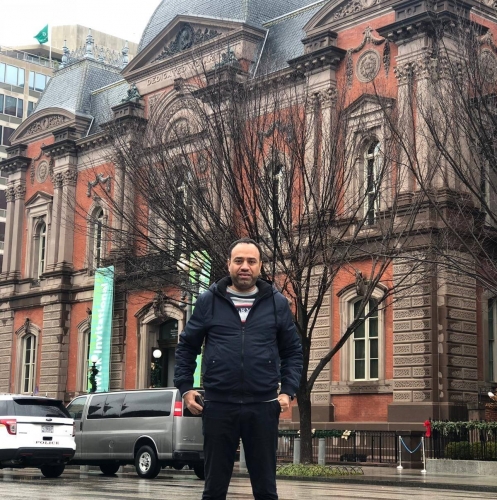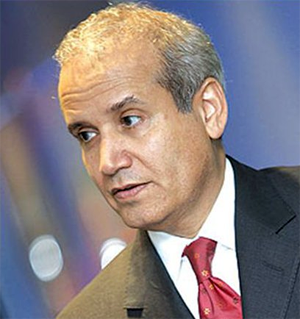How Iran-backed Houthis loot Yemen's fuel
In continuation of the looting by the Iran-backed Houthis, which did not stop their mastery in controlling Yemen’s resources and wealth, especially fuel, companies were established as broker companies, acting as intermediaries between the front companies and the Yemeni Oil Company under the control of the Houthis.
These companies obtain Significant price differences between the purchase price and the selling price at the fuel stations, at the expense of the Yemeni people, who are suffering from the deteriorating economic, social and health conditions in order to satisfy the Houthi leaders who looted Yemen's wealth.
The Houthi creativity appears in the mechanisms of looting and attempts to deceive and hide the identities of the owners of these companies, in the registration of these intermediary companies in the names of people of Houthi leaders of the second and third ranks as new businessmen.
With regard to the front companies, they are owned by Yemeni traders who have activities in oil derivatives, whether in import or distribution, and they have suppliers abroad, imported through bank transfers and with the approval of the Supreme Economic Council of the government of Yemen. These companies receive a small percentage of the cost, and they do not import except with the prior approval of the Houthi leadership.
There are about 21 prominent companies operating as a front for Houthi looting, most notably: Al Jazeera Oil Services Company, Hadramout Awqaf Gas and Oil Field Services Company, Aden Petrolium, Mobac Petroleum and Exploitation Services Company, and Yemeni Company for Investments Ltd.
A report recently issued by the "Regain Yemen" showed that after granting these companies licenses to operate, they opened bank accounts in the commercial banks under their control, after the Houthi group disrupted the role of the Anti-Money Laundering Department in the Central Bank, as well as ignoring the investigation of the funds of the owners of these companies. This indicates the possibility of banks being involved in other money laundering operations for the benefit of the Houthi group, especially since the documents submitted to open accounts indicate that the person who signs all the requests is another person who is different from the company registered in the name of the company.
The "Regain Yemen's" report also referred to some of the names of the companies that play the role of mediator and their owners, the most prominent of which are two companies owned by Mohamed Salah Fleita, the brother of the Houthi spokesman. The actual manager of these companies, namely: Star Plus and Black Diamond, which affiliated with: WaZracon, Trade Center, Top Food Company, and Good Hyper Trading Company.
Moreover, the agent of the two companies opened accounts with the Bank of Yemen and Kuwait which is considered the most involved in the process of importing Iranian oil derivatives, as the documents prove the existence of transfers abroad from the Bank of Yemen and Kuwait without being matched by the arrival of derivatives. It is further evidence of the bank's involvement in smuggling the funds of Houthis, which are believed to reach Hezbollah militias in Lebanon.
As for the Black Diamond company, it has the commercial registration number (13522) and is registered in the name of the owner, Ammar Hussein Mohsen Dhaifu Allah Dubais, while the CEO is Mohammed Yahya Gawbar, who is a fictitious figure. This intermediary company deals with the Bank of Yemen and Kuwait.





